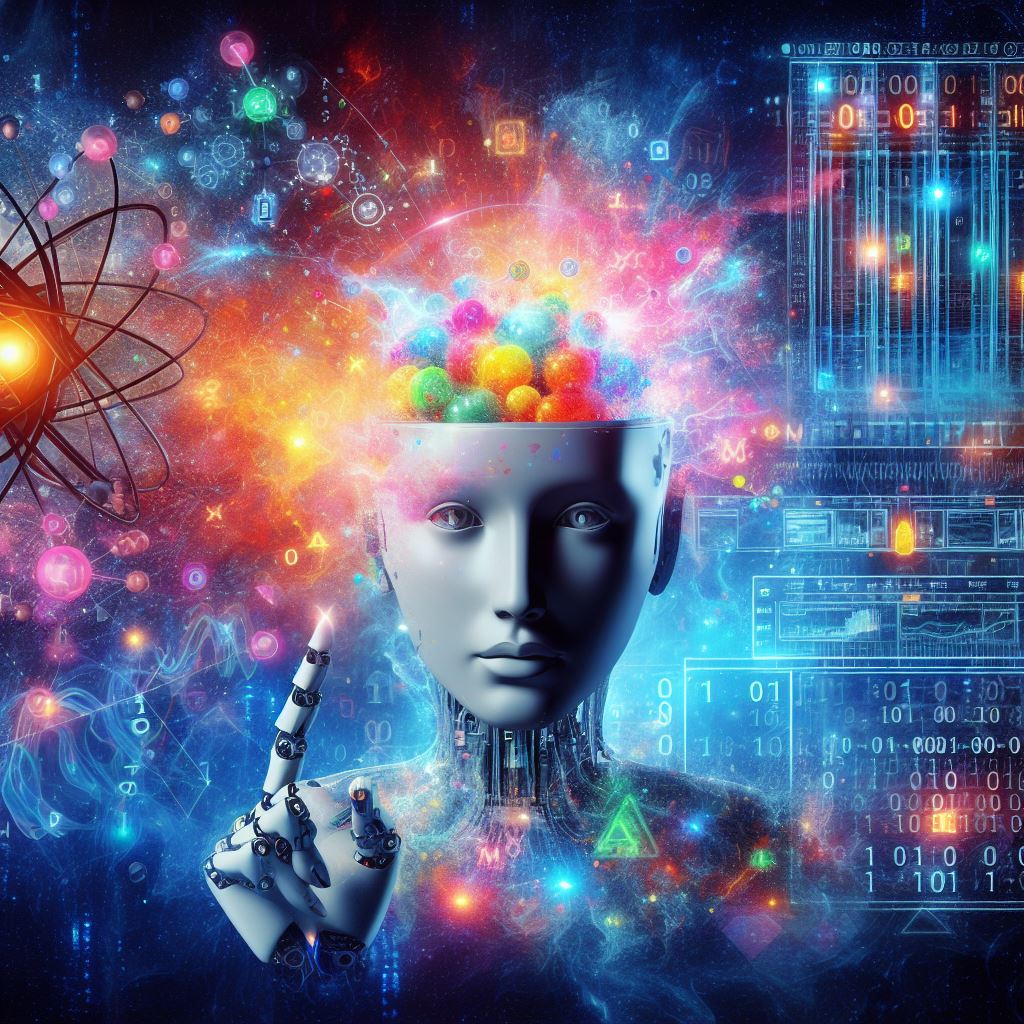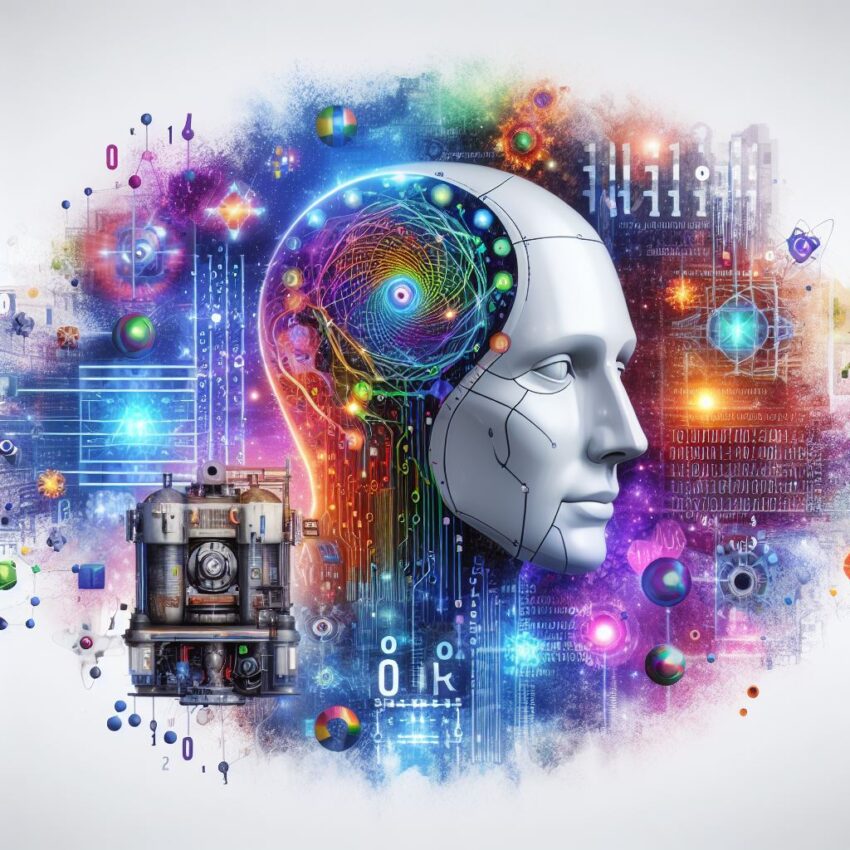Artificial Intelligence (AI), High-Performance Computers (HPC), Supercomputers, Quantum Computers (QC), and other technologies are often criticized for being harmful to the environment. They consume a lot of electricity, which contributes to global warming and pollution. However, I believe these technologies can be beneficial and essential. They can help us solve some of the most pressing problems that we face today, such as climate change and energy crisis, and pave the way for a better future through the development of Smart Countries, Smart Cities, and Smart Citizens.

These technologies can reduce electricity consumption by making it more efficient and effective. Instead of using thousands of ordinary computers to perform a complex task, we can use one supercomputer or QC that can complete the task faster and better, saving a lot of energy and resources. Secondly, these technologies can also create new sources of electricity that are clean and renewable. Nowadays, many scientists are using QC, data centers, AI, HPC, and supercomputers to research and develop fusion energy (fusion reactors and power plants).
QC is expected to have a significant impact on various industries such as financial services, drug development, transportation, supply chain, weather forecasting, cryptography, bio-engineering, complex manufacturing, data mining, oil and gas exploration, molecular modelling, nuclear fusion research, AI, machine learning, natural language processing, robotics, genome sequencing, drug testing and others. That is why many companies such as Rigetti, Toshiba, Atos Quantum, Alibaba Group, Intel, IonQ, Nvidia, IBM, Honeywell, Microsoft are investing billions of dollars yearly to make the best computers (some of them are USTC Jiuzhang, IBM Osprey, Google’s Sycamore Processor) and develop new types of QC (for example: Semiconducting Quantum Computers, Optical Quantum Computers, Quantum DOT Quantum Computers, Trapped Ion Quantum Computers, Non-Hardware Quantum Computers, Electron-on-Helium Quantum Computers, Topological Quantum Computers, Colour Centre Quantum Computers).
A good example of how new technologies can be used to solve problems, even in rural areas, is the current work of Bill Gates (interviewed by Arun Maini).
This post was created with the assistance of an AI developed by OpenAI, powered by Microsoft Bing (Copilot).
